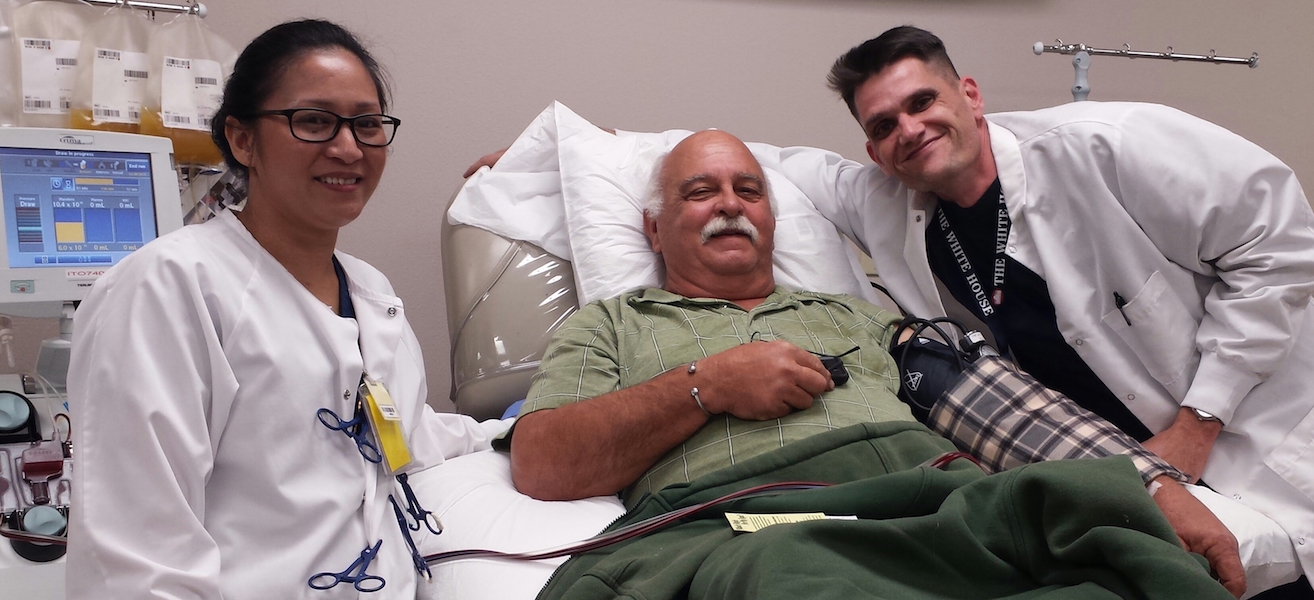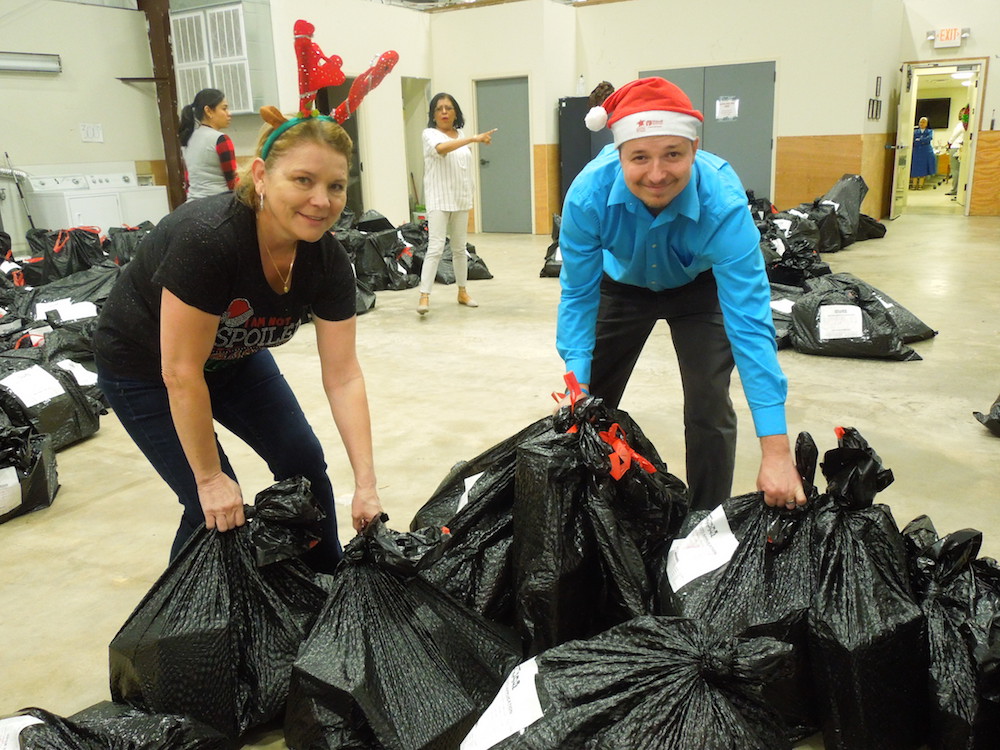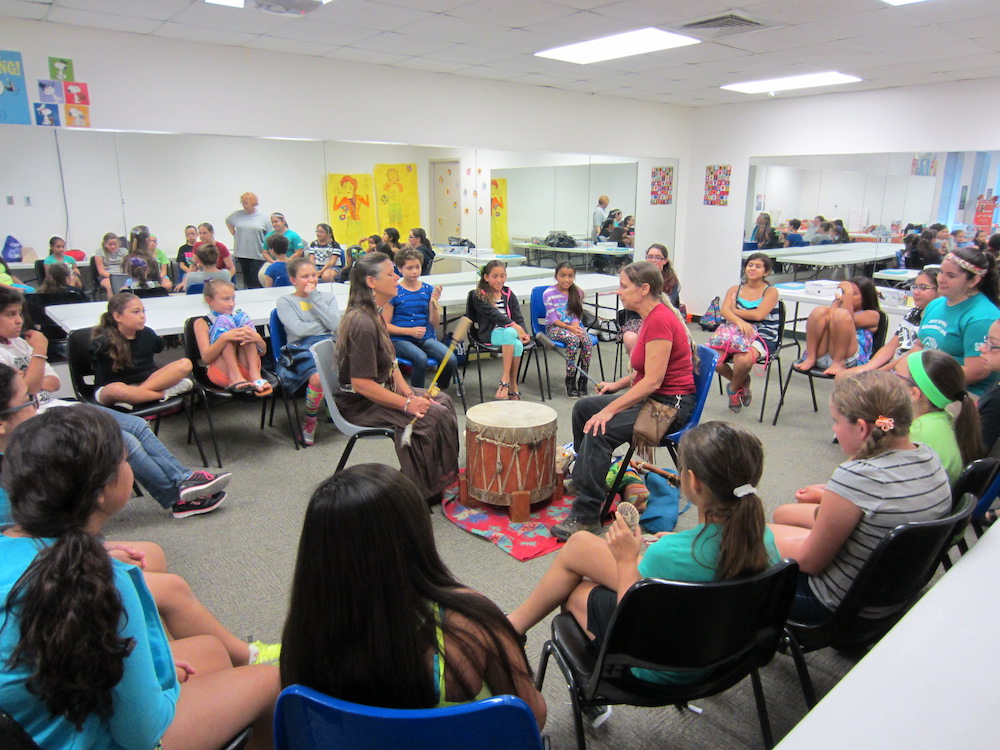When a bell rings at the Council on Alcohol and Drug Abuse facilities, another life has been saved. In the past year, 193 adult graduates of the outpatient treatment program rang the Victory Bell to the applause and cheers of the entire staff and other clients.
“It’s the greatest thing to hear,” said Tiffany Montemayor, director of Communications and Development for the council. “The sound of the bell means somebody’s life has changed for the better. After graduating, clients are often crying with joy.”
Known as the Nueces County Committee on Alcoholism at its inception in 1957, the renamed Council on Alcohol and Drug Abuse Coastal Bend serves 12 counties with programs in drug prevention and intervention and treatment for adults, youth, and pregnant and postpartum mothers.
Facilities include a youth and adult recovery center, an adult treatment office, and a youth treatment office located near the Six Points Station along with an extension office in Sinton. Education Department staff visit local schools to teach substance abuse prevention.
One of the most affected populations for opioid abuse, which is currently at epidemic levels in the United States, is expectant or recent mothers. Child Protective Services and other organizations refer clients to the council’s Project Link program for help. The clients also receive free training on how to be a better parent.
The council works with the Corpus Christi Police Department to facilitate Prescription Drug Take Back Day, which this year takes place on April 28. Besides providing drop boxes where people can anonymously drop off old prescription drugs, the special day seeks to warn the public about the potential for prescription drug abuse.
“Thanks to our CCP program, we already have existing drop boxes available twenty-four-seven at eight locations around Nueces and San Patricio counties,” Montemayor said. “Tons of these products are picked up by the (Drug Enforcement Administration). We don’t handle them directly.”
Awareness of the recovery programs and services offered by the Council on Alcohol and Drug Abuse is another important piece of Drug Take Back Day. The more people who know about the program, the more the council can help.
“We’ve been around for decades, but it breaks my heart to know many people weren’t aware of our organization or the services we provide,” Montemayor said.
The council created a new logo to help increase community awareness. The logo was designed to reflect the Coastal Bend colors of coral and aqua blue forming a wave in the shape of the letter C.
“If you look closely, you’ll discover “The Council” is roughened up, because nobody is perfect, and that’s OK,” Montemayor said. “It’s a beautiful thing. We want more people to recognize who we are, because even if they don’t need our services, everybody knows somebody who does.”
The council’s programs are financed through state and federal grants. Clients who lack insurance or Medicaid or are unable to afford the treatments can pay on a sliding scale based on their income or apply for government funding. The organization has 44 employees, including 12 licensed chemical dependency counselors.
While many clients come to the council through referrals, walk-ins are welcome.
“It’s incredible when someone just walks in on their own accord,” Montemayor said. “Nobody sent them here; they realize that they have a problem and would like help.”
The process begins with an assessment to determine how many hours of treatment are needed. Clients requiring inpatient detoxification are referred to organizations such as Charlie’s Place Recovery Center or South Texas Substance Abuse Recovery Services. After detox, they return to the Council on Alcohol and Drug Abuse.
“We also offer recovery support services for substance abuse, because even if you’re done with the treatment, it’s hard to stay sober forever,” Montemayor said. “Our recovery program is run by peer recovery coaches who have battled substance abuse themselves and have been sober for years. They’ve taken the training to become a peer recovery coach and know all the excuses. Our programs help remove any roadblocks towards becoming a productive member of society.”
Council programs also provide access to computers and people who help patients apply for jobs. A clothing closet is available to suit up patients for interviews. The council can also arrange transportation to the interview. Tutoring programs for completing a GED as well as funding for the GED tests are available, too.
HOW TO HELP
Donations for business attire for interviews and volunteers to organize inventory in the clothing closet are always needed at the council. Volunteers can also help with fundraising events such as the
Addicted 2 Recovery 5K set for Sept. 1.
“Our intervention touches many stages of life and begins as early as a baby in the womb to school-age children and teenagers to the adults involved in our treatment program,” Montemayor said. “It’s a ripple effect, because if we are able to discourage a sixth-grader from ever taking drugs or help an adult client find a job because of our services then we have impacted the community. Those are the rewards I receive from this job.
“The best way for someone to be successful is to be surrounded by family and supportive people,” she continued. “That’s what we aim for in the Coastal Bend — to be that supportive community.”
The Council on Alcohol and Drug Abuse Coastal Bend is located at 1801 S. Alameda St., Suite 150. For more information, call (361) 854-9199 or visit coada-cb.org or facebook.com/COADACB.




